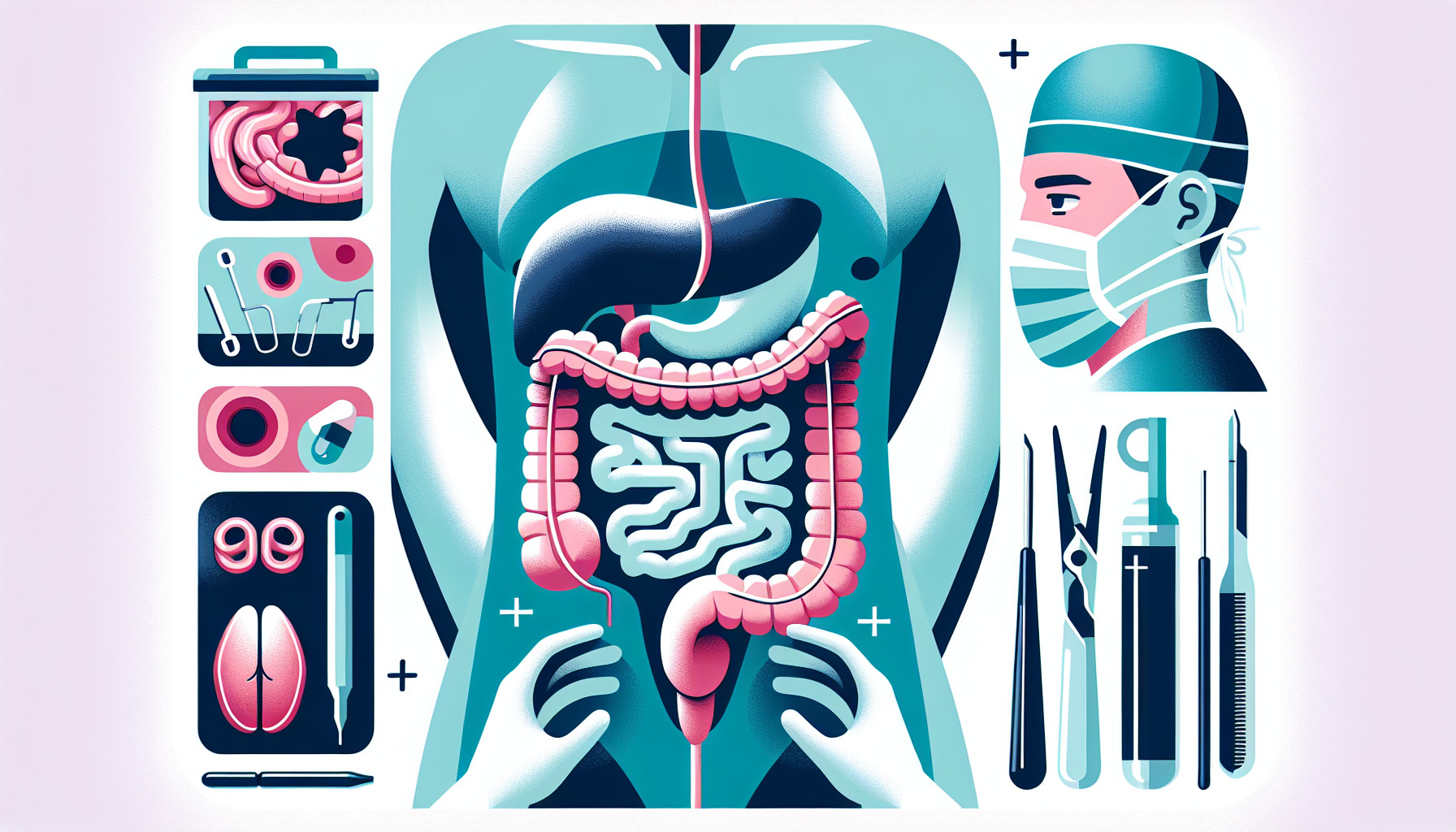Our Summary
This research paper discusses the outcomes for patients who have received an intestinal transplant (ITx). The most recent data suggests that the survival rate of the transplanted organ (graft) is 71% after one year, 50% after five years, and 41% after ten years for transplants done since 2000. Over the years, there have been significant improvements in the short-term survival of both patient and organ due to the development of better treatments, surgical techniques, specialized transplant units, and improved post-surgery care.
However, long-term survival rates have not improved much. This is due to challenges like diagnosing and treating long-term rejection of the organ by the body, decreasing kidney function over time, and the risk of long-term infections and cancer, especially those related to cytomegalovirus, Epstein-Barr virus, and lymphatic system disorders after the transplant. To improve both short-term and long-term outcomes after an intestinal transplant, it’s crucial to address and prevent these complications.
FAQs
- What is the survival rate of the transplanted organ after an intestinal transplant?
- What are the challenges faced in improving long-term survival rates after an intestinal transplant?
- What are the factors that have led to significant improvements in the short-term survival after an intestinal transplant?
Doctor’s Tip
One helpful tip a doctor might give to a patient about intestinal transplant is to closely follow the post-transplant medication regimen as prescribed. This is essential for preventing rejection of the transplanted organ and reducing the risk of infections. It’s also important to attend all follow-up appointments and communicate any changes in symptoms or concerns to your healthcare team promptly. Additionally, maintaining a healthy lifestyle with a balanced diet, regular exercise, and avoiding smoking and excessive alcohol consumption can help support overall health and improve outcomes after an intestinal transplant.
Suitable For
Patients who are typically recommended for an intestinal transplant include those with irreversible intestinal failure due to conditions such as:
Short bowel syndrome: This is a condition where a significant portion of the small intestine is missing or non-functional, leading to problems with nutrient absorption and digestion.
Intestinal pseudo-obstruction: This condition causes symptoms similar to a bowel obstruction but without a physical blockage. It can lead to severe abdominal pain, bloating, and difficulty passing stool.
Chronic intestinal dysmotility: This is a disorder where the muscles of the intestines do not work properly, leading to problems with moving food and waste through the digestive system.
Inflammatory bowel disease (IBD): Severe cases of Crohn’s disease or ulcerative colitis that do not respond to other treatments may require an intestinal transplant.
Tumors or other conditions affecting the intestines: Patients with tumors or other diseases that affect the function of the intestines may also be candidates for an intestinal transplant.
Overall, patients who have exhausted all other treatment options and have a high risk of complications or death without a transplant are typically recommended for an intestinal transplant. It is important for these patients to undergo a thorough evaluation by a multidisciplinary team of specialists to determine their eligibility for the procedure and to ensure they understand the risks and benefits involved.
Timeline
Before the transplant:
- Patient is diagnosed with a severe intestinal disorder or failure, often resulting from conditions like short bowel syndrome, inflammatory bowel disease, or intestinal cancer.
- Patient undergoes extensive medical evaluations to determine if they are a suitable candidate for an intestinal transplant.
- Patient is placed on the transplant waiting list and waits for a suitable donor organ to become available.
- Patient may require nutritional support, medications, and other treatments to manage their condition while waiting for the transplant.
After the transplant:
- Patient undergoes the transplant surgery, which can take several hours and involves removing the diseased intestine and replacing it with a healthy donor intestine.
- Patient is closely monitored in the intensive care unit (ICU) post-surgery to ensure the transplanted organ is functioning properly and there are no complications.
- Patient begins a lifelong regimen of immunosuppressant medications to prevent rejection of the transplanted organ.
- Patient undergoes regular follow-up appointments and monitoring to assess the function of the transplanted organ and address any complications that may arise.
- Patient may experience short-term complications such as infections, organ rejection, or complications related to the surgery.
- Patient must adhere to a strict diet and lifestyle changes to maintain the health of the transplanted organ.
- Patient continues to be at risk for long-term complications such as organ rejection, infections, kidney problems, and cancer.
- Patient’s long-term survival and quality of life depend on close monitoring, adherence to medications and treatment plans, and ongoing care from a multidisciplinary team of healthcare providers.
What to Ask Your Doctor
- What is the success rate of intestinal transplants at this hospital or facility?
- What are the potential risks and complications associated with an intestinal transplant?
- How long is the recovery period after an intestinal transplant?
- What medications will I need to take after the transplant and what are the potential side effects?
- How often will I need to follow up with medical appointments after the transplant?
- What signs or symptoms should I watch out for that may indicate rejection or complications post-transplant?
- How can I prevent infections and other complications after the transplant?
- What lifestyle changes will I need to make after an intestinal transplant?
- How will my diet need to change after the transplant?
- What support services are available for patients undergoing an intestinal transplant and their caregivers?
Reference
Authors: Amin A, Farmer DG. Journal: Curr Opin Organ Transplant. 2019 Apr;24(2):193-198. doi: 10.1097/MOT.0000000000000608. PMID: 30676400
